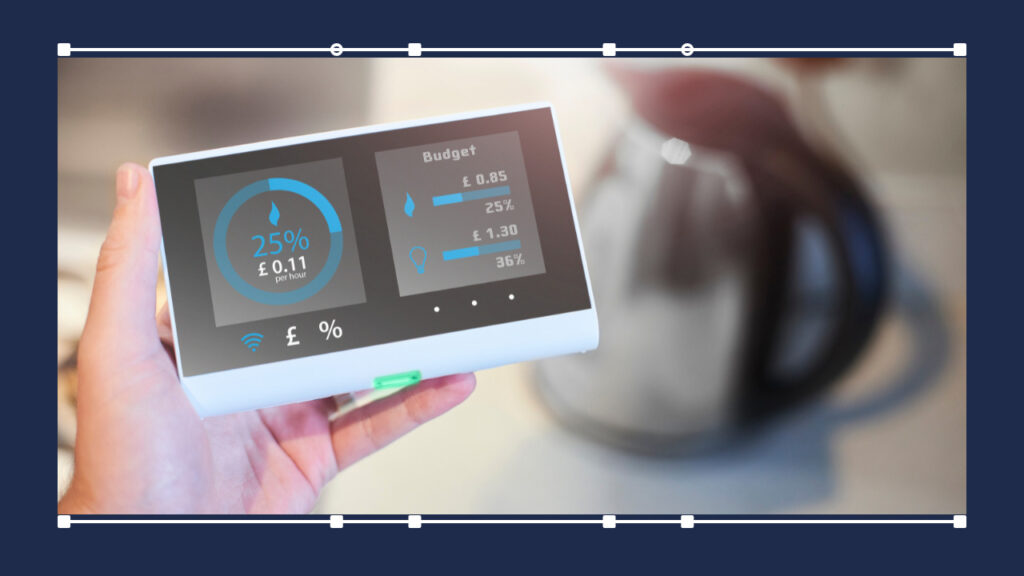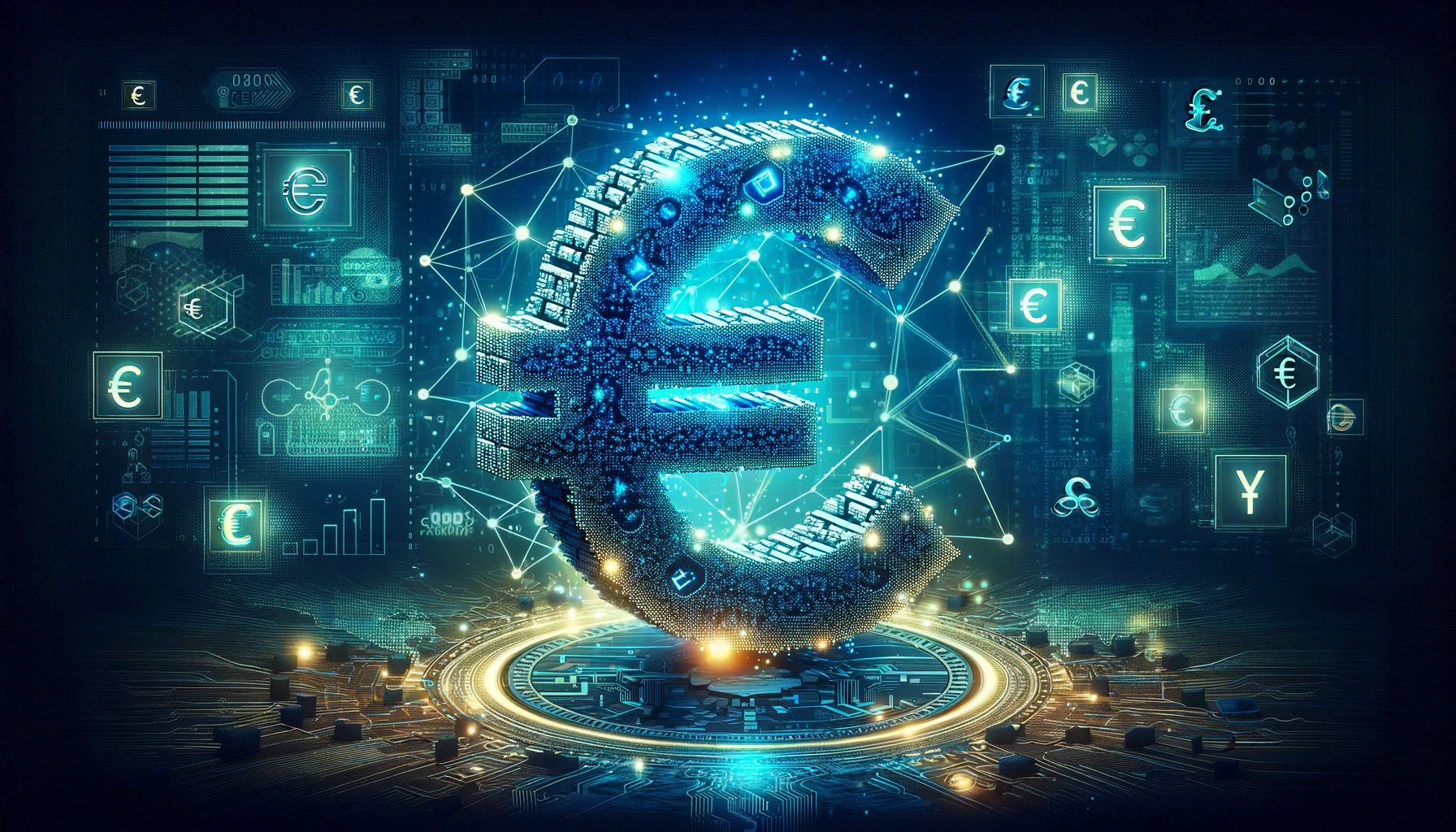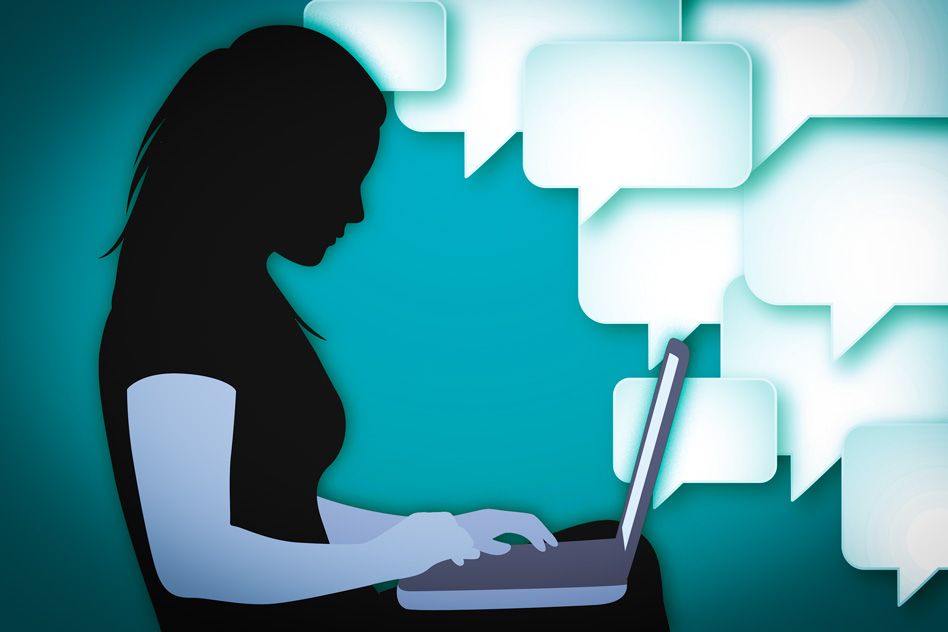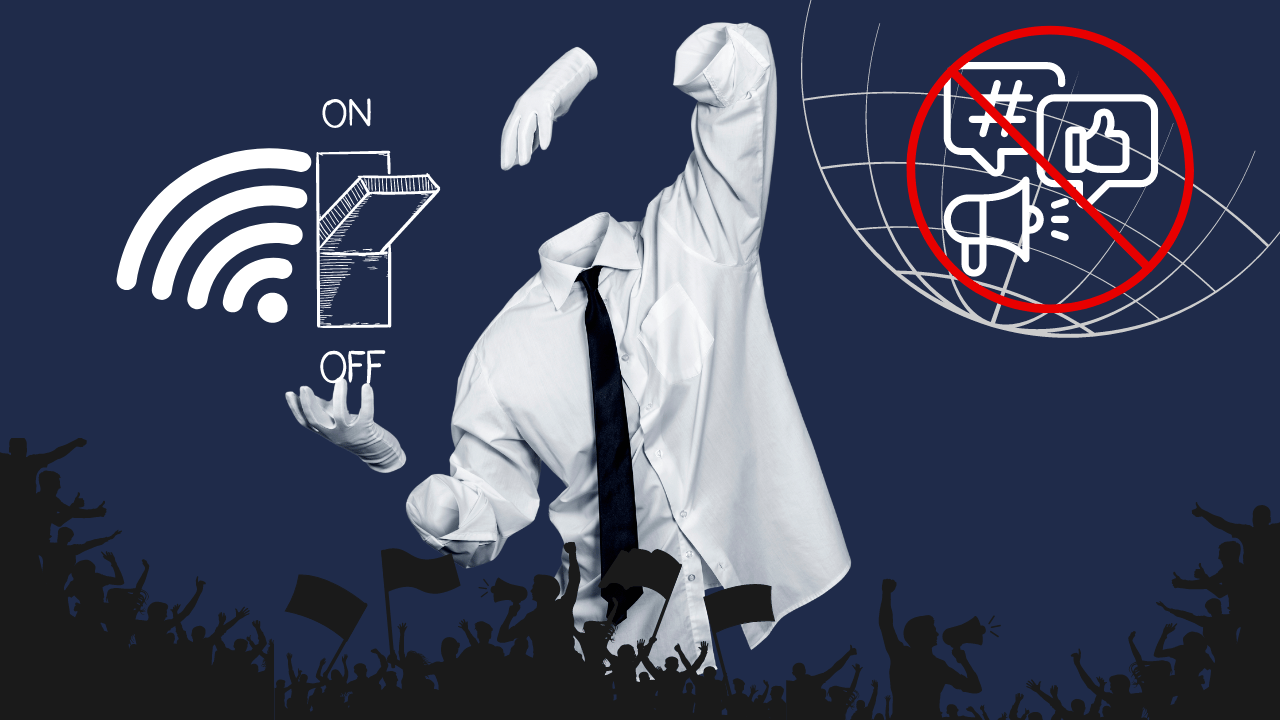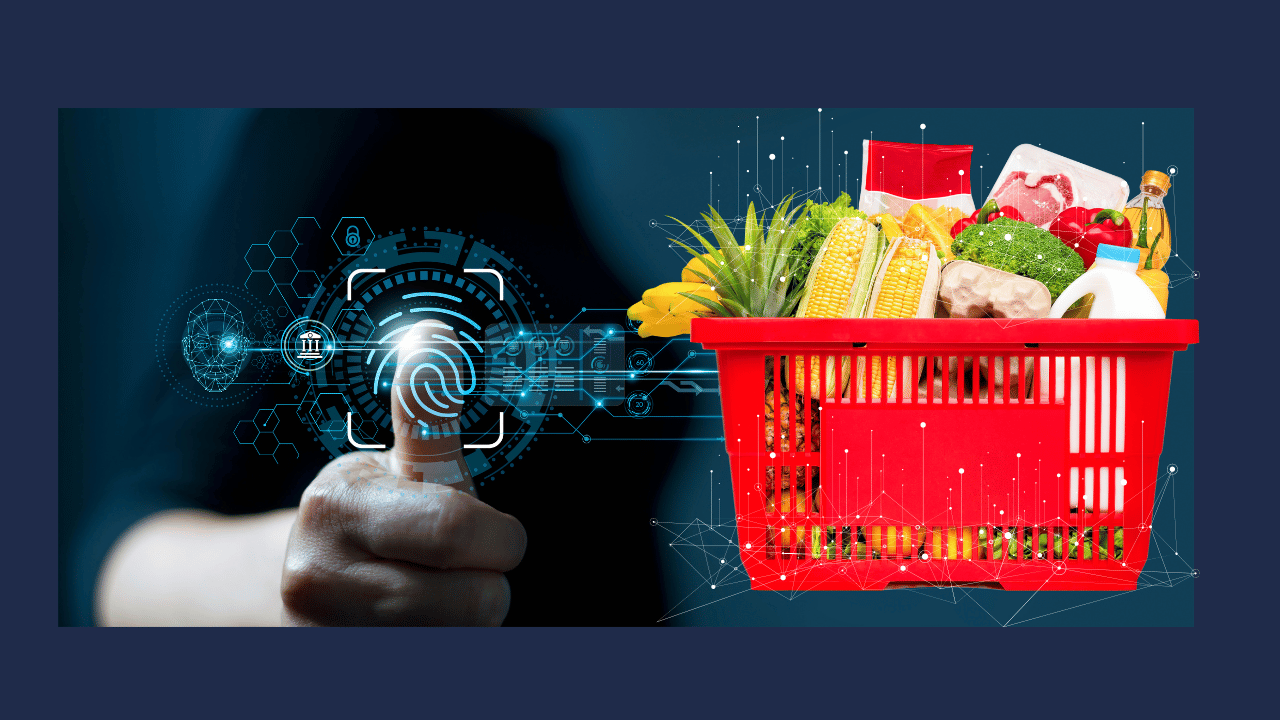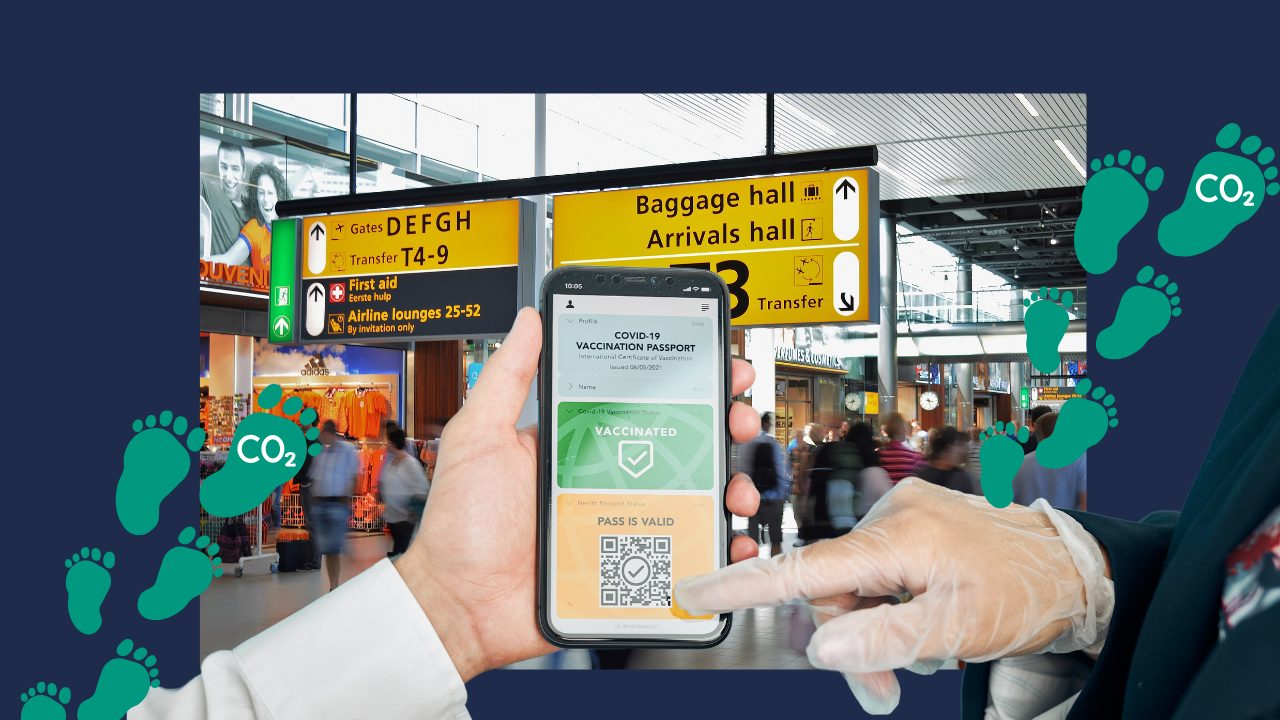In recent years, the field of smart-meter data analytics has witnessed significant growth, largely driven by the widespread implementation of smart meters across the globe. To illustrate, in the United States, electric utility companies set ambitious targets to install approximately 90 million smart meters by the year 2020. Similarly, within the European Union, it was anticipated that nearly 72% of consumers would have access to smart meters, contributing to a comprehensive roll-out involving almost 200 million of these advanced metering devices.
But this goal is not innocent, Smart meters are advanced digital devices that have revolutionized the way we measure and manage our water and electricity consumption. Unlike traditional meters, which require manual readings and often result in inaccurate bills, smart meters provide real-time data on usage opening immense opportunities of data collection from our houses and business, why? To control the most important resources, water and electricity.
Smart meters transmit a wide range of data, including technical, power quality, security, and customer tariff and consumption data and of course they are connected to the internet of things, because they use wireless communication technology to transmit this information to utility companies, making the entire process more efficient and accurate, which is essentially good.
The problem is that the Smart Metering Programme did not initially prioritize granting consumers access to their meter readings and detailed consumption data, resulting in a delay of several years before such services became available. In the year 2022, the market saw a significant improvement with the introduction of numerous devices, applications, and APIs around the globe.
Now with this apps and devices, the data collection transmitted to you depends on the on the permissions you have granted. Allowing half-hourly data collection offers the most detailed information. Currently, the default reading frequency is daily, but it will shift to a half-hourly default starting in 2025.
The Smart meter data collection system has an interactive interface, can use meter reading client to upload smart meter data information collected by RFID read and write modules to the cloud platform system through 4G network or WIFI and other communication methods.
Process and timing of your data
There are several companies that offer services and apps. The providers collect the data from the smart meters once a day. So you have to wait at least 24 hours to see your data on your provider’s website or app. Typically, data is collected shortly after midnight and uploaded to providers’ systems early in the morning, so your data should be available by 9 a.m. Electricity meter data is received every 10 seconds, gas meter data every 30 minutes. Since the gas meter is battery powered, the communication frequency is kept low to extend battery life.
Translated with www.DeepL.com/Translator (free version)
Process of Smart Water and Electricity Meter
User Authentication:
The smart meter reading client stores a vast amount of user electricity data, including table addresses, power consumption, voltage, current, and more. To safeguard customer privacy, the client now includes a robust login authentication feature. Additionally, the client has implemented a convenient account and password memory function. This feature allows users to log in once successfully, eliminating the need to re-enter account and password information.
RFID Scanning:
Prior to meter reading, users must configure handheld RFID parameters, including antenna power, regional frequency, and inventory settings. The traditional meter reading method, which involves searching for table numbers and user information on thick meter reading cards, is time-consuming. To address this, the meter reading device now features RFID fast query and positioning technology. This technology enables quick and efficient querying and locating of power meter information, even from a considerable distance away, through the use of RF technology.
Meter Reading Function Module:
Meter reading staff can now not only read data displayed on smart meters on-site but also record the smart meter’s operational status. Collected data is saved and uploaded to a cloud platform. Furthermore, the meter reading module supports both single and group copying of smart meters and includes smart meter maintenance functions.
Warehouse Management Module:
In the management of smart meter warehouses, the system is equipped with warehouse management features. These features record entries, deliveries, inventory, and the location of smart meters within the facility.
Data Transfer Module:
Today’s intelligent handheld terminals offer more than traditional meter reading functions; they facilitate real-time interaction with servers. These functions require wireless network connectivity. As a result, meter reading terminals are now equipped with both WiFi and 4G communication options, ensuring real-time online capabilities. The system intelligently switches between these communication modes to conserve data usage, prioritizing WiFi when available.
System Settings Module:
The system settings module plays a crucial role in configuring the system to enable RFID communication functions. It requires specific permissions to access and modify relevant information within the system.
The Future of Utility Management
Smart water and electricity meters are at the forefront of the future of utility management. Their ability to provide real-time data, improve billing accuracy, and promote sustainability is transforming the way we interact with essential resources. As these technologies continue to evolve, we can expect even more features and benefits to emerge.
However, it’s essential to address privacy and security concerns associated with the data collected by smart meters. Consumers and utility providers must work together to ensure that personal information remains confidential and protected from potential threats.
In the program Sprechstunde AUF1 by Sabine Petzl on the subject of smart meters, lawyer Dr. Georg Prchlik is a guest as a legal expert. When asked whether a user could in principle refuse the installation of a smart meter, the lawyer answers that the energy companies are in the area of tension between two obligations, namely the obligation to supply electricity on the one hand and the provision of electronic metering devices on the other, “which accurately reflect the actual energy consumption of the end customer and provide information about the actual time of use”.
In conclusion, the integration of smart water and electricity meters into our daily lives is almost unstoppable, There are people who are extraordinarily electrosensitive to this meters.📡
Smart water and electricity meters have undoubtedly revolutionized the way we monitor and manage our utility usage. They offer numerous benefits, such as increased efficiency, reduced costs, and environmental sustainability. However, it’s important to acknowledge that the widespread adoption of these smart meters does raise valid concerns about invasion of our private lives.
Firstly, these meters can provide an unprecedented level of insight into our daily routines. By analyzing the data collected, utility companies and potentially other entities can discern when we are home, when we sleep, and even when we use specific appliances. This kind of information, in the wrong hands, can be exploited for a variety of purposes, including targeted marketing, insurance pricing, or even burglary.
Secondly, the collection and storage of this data introduce the potential for breaches and misuse. Our utility consumption data is personal and sensitive. Any security vulnerabilities in the systems that store and transmit this information can lead to unauthorized access, potentially compromising our privacy and safety.
Additionally, there’s a concern about the level of control utility companies and, by extension, government authorities, can exert over our lives. The ability to remotely shut off our utilities or modify our usage patterns, while often for legitimate reasons such as addressing excessive usage or unpaid bills, can also be abused, leading to undue interference in our private lives.
In the program Sprechstunde AUF1 by Sabine Petzl on the subject of smart meters, the Dipl.-Ing. Dr. Martin Steiner is a guest as an energy engineer and therefore technical expert. Dr. Steiner vehemently contradicts the assertion on the official advice page of an energy provider, according to which smart meters “could not cause any health problems due to electrosmog“. Because it is obvious that some people are “extraordinarily electrosensitive and have complaints here.
In conclusion, while the benefits of smart water and electricity meters are substantial, they do come with a trade-off in terms of privacy invasion and health issues. It is crucial for individuals, utility companies, and regulators to strike a balance between reaping the advantages of these technologies and ensuring robust safeguards to protect our private lives and data. Strong privacy laws, encryption, and transparent policies can help mitigate the invasive aspects of smart meters, ensuring that the advantages they offer are not at the cost of our personal privacy and security.
